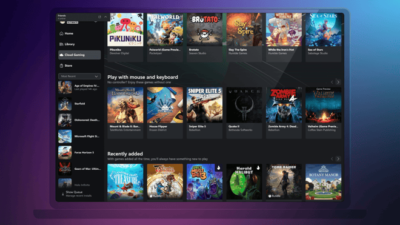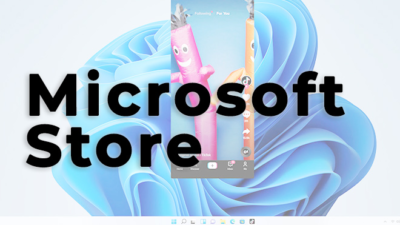WhatsApp is working to create a new passkey security layer

WhatsApp users can rely on various methods to protect their accounts. Some of the popular methods include two-factor authentication and a traditional password. As of now, the company is going to introduce a new method of account protection. We have been hearing for quite some time now that WhatsApp is working on utilizing Passkey support.
WhatsApp will receive passkey support
Passkey support is already available on various apps and websites, and WhatsApp is the next app to join the list. While Meta has not yet made any announcements, WABetaInfo has discovered an undocumented passkey setup option in the most recent WhatsApp for Android beta version. “You may utilize your fingerprint, face, or screen lock to confirm if it’s you with a passkey,” said a message.
Currently, the feature is under development and not available for use. But perhaps it will soon be rolled out to users. It means that users will be able to use passkey support for protecting their accounts rather than a traditional password.
What is passkey support?
In the tech industry, Passkey is a secure authentication system. In contrast to traditional passwords and other account protection methods, users may log in using biometrics or face recognition without ever having to generate and write a passcode. The FIDO Alliance collaborated with Apple, Google, and Microsoft to develop the technology.
Back in June, the Cupertino-based tech firm declared that iOS 17 would have support for passkeys. It will also be introduced on iPadOS 17 and macOS Sonoma. As a result, customers won’t need to type a password when logging in to Apple.com, iCloud.com, or other Apple-related websites using their passkey as a credential. Besides Apple, TikTok, and 1Password also announced the integration for passkeys support. As far as WhatsApp is concerned, there is no information on when the feature will become available to the public.
Research Snipers is currently covering all technology news including Google, Apple, Android, Xiaomi, Huawei, Samsung News, and More. Research Snipers has decade of experience in breaking technology news, covering latest trends in tech news, and recent developments.












